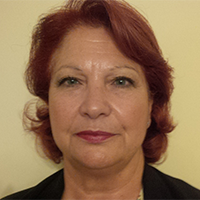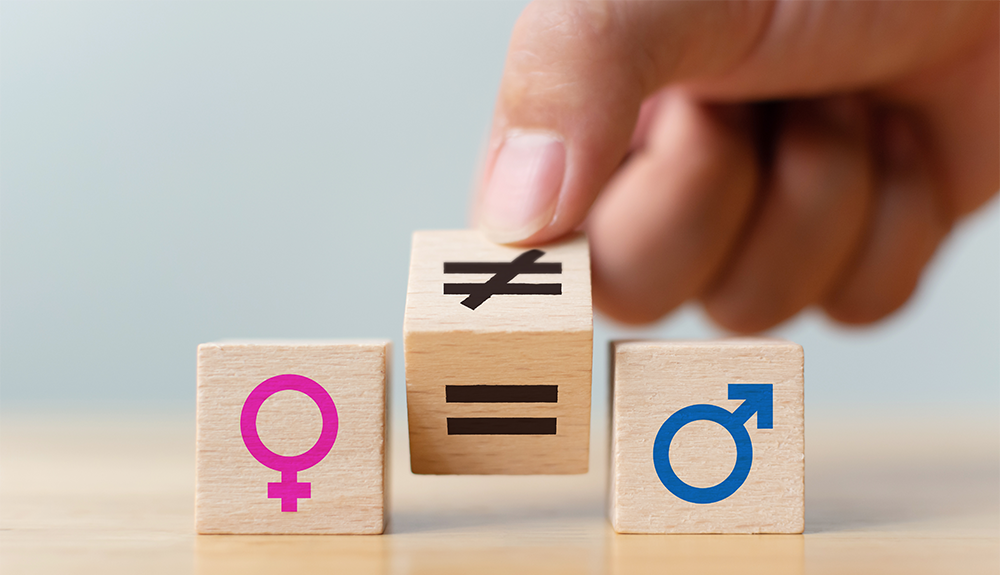
By Mary Gaerty - President, National Council of Women
Women’s role in society took on another dimension once women acquired the right to vote in 1947. Women progressed slowly to achieve what they call their rights today, as is, for example, the right to work. It hasn’t been long since women were made to resign from work upon marriage to take up the traditional role of wife and mother. Nothing wrong with that except that this took away their financial independence.
The empowerment of women gathered momentum in the last years and must continue to evolve in the next decade, however, this change did not happen naturally. It was through the dedicated work of a few women who had the vision to start challenging the role given to women by a patriarchal society. This stereotype has changed very little in the last years and continues to persist unless men start taking on board the changes that must happen so that their mothers, wives, and daughters have the same support when it comes to to their choice of career.
Rights have indeed been gained but to reach equality there is still a long way to go. In today’s day and age, a married woman still receives the cheque return on surplus tax paid in her husband’s name, although by right it is hers. Nor can she query an ARMS or a telephone bill because it is in her husband’s name.
Today 60% of the student population in tertiary institutions is female. This means that females are on the right track as far as tertiary education goes. So, one would reason that having 60% female students at tertiary level should surely equate to far more women in positions such as managers, professors, heads of departments, business owners and members of parliament.
So where are these women today? Why is it that all young women work and start a career after they graduate, but at around the age of 35 many of them disappear or are engaged in work for which they are over-qualified? What will happen to a woman and others who must stop working to look after an elderly parent when they are 60+?

Women today must strive to catch up to achieve the 50-50 balance in all spheres. Parents should encourage their girls to follow more STEM (science, technology, engineering, and mathematics) subjects as this is where the well-paid jobs of the future lie. There has been an increase in female entrepreneurs, managers, mayors, local council members, lecturers, the judiciary, directorships, and board members of large and smaller companies, to mention but a few. The problem is that we know little about these women. Women must be role models to girls and younger women to assist them and encourage them to advance in whatever they had decided to do. Women must be empowered and educated to decide their fate not only in their career but also in their life.
Women in Parliament
Many ask why we have so few women in Parliament. Saying that the reason is that women do not vote for women is a myth. The problem that needs to be addressed is why women do not come forward to present themselves as candidates. Reasons are various: Parliament sessions continue late in the evening, and women cannot cope with work, and Parliament and the family. Women tend to stay in the shadows, whereas men group together and help each other. I have in recent years noticed that women are building their networks and are seeking assistance from one another. Networking is an important tool just as is mentoring. Advancement can only be achieved if all women pull in the same direction and help each other.
Having more women in Parliament will be beneficial to women themselves, but most importantly to the country, since any decision taken will have a wider and more holistic perspective.
Many, both men and women, are contrary to quotas in all decision-making positions and with special emphasis on the proposed gender quotas in Parliament, a measure to kick start the road to achieve the balance of a minimum of 40% female representation. The proposed instrument will allow extra seats dedicated to women, should the election outcome not satisfy the quota.
What is the other option should this debated measure not be adopted? Doing nothing and waiting for this to happen on its own! This would mean waiting decades, perhaps another seventy years if history is anything to go by. Political parties must be proactive and select exceptional women to be presented as candidates, whilst both men and women must decide to support women and move away from stereotyping them to a role dictated by tradition.

